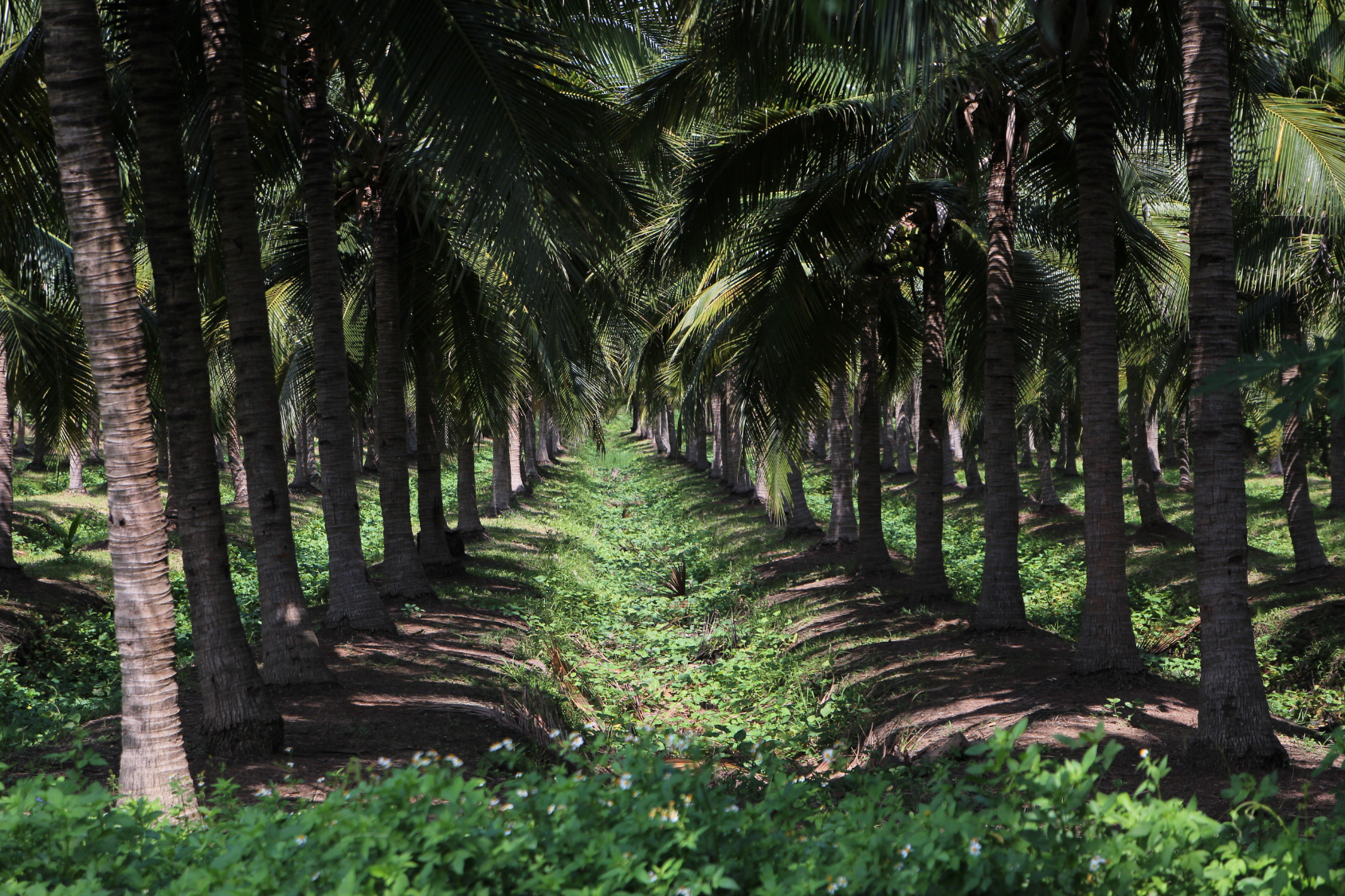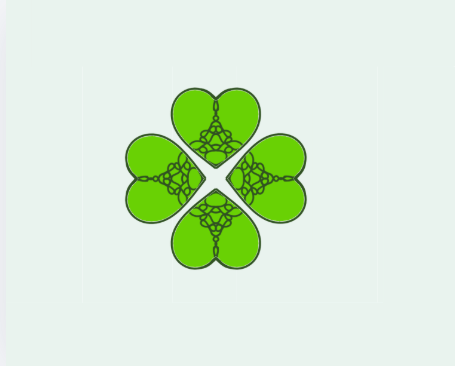
Scaling durable carbon removal and climate resilience for smallholder farmers across West Africa
By 2030, Truecoco will remove >250k MTs of CO2 & improve the livelihoods of >30k smallholder farmers
Through the creation virgin biochar, Truecoco will create a win- win situation for smallholder farmers and climate enthusiasts alike. Not only removing CO2 from the atmosphere for 1,000+ years but creating an additional revenue and reducing the cost of organic inputs for smallholder farmers.
-
Biochar is a unique product! It is created through the pyrolysis of agricultural waste. When applied to soil it can reduce soil acidity and remove CO2e from the atmosphere
-
During the process of pyrolysis, CO2 is locked away & stored in the biochar. This prevents the CO2 from decaying or being burnt. When applied to soil, 1 MT of biochar removes 2.5MTs of CO2 from the atmosphere
-
West Africa has enormous potential to create large volumes of high quality virgin biochar, whilst having huge positive impact! Large numbers of smallholder farmers = large volumes of high quality agricultural waste. Smallholder farmers in West Africa are heavily impacted by decaying soils and rising costs of inputs
-
Not all biochar is created equally. Truecoco will only create biochar using agricultural waste that is not the bi-product of an emissions producing activity. This will create a higher quality of biochar, leading to greater carbon removal
-
Truecoco will create a circular economy by sourcing agricultural waste from local smallholder farmers. This will provide farmers with an additional revenue stream. The biochar will then be sold back to the farmers as a cost effective & below market rate soil amendment.
Project partners













